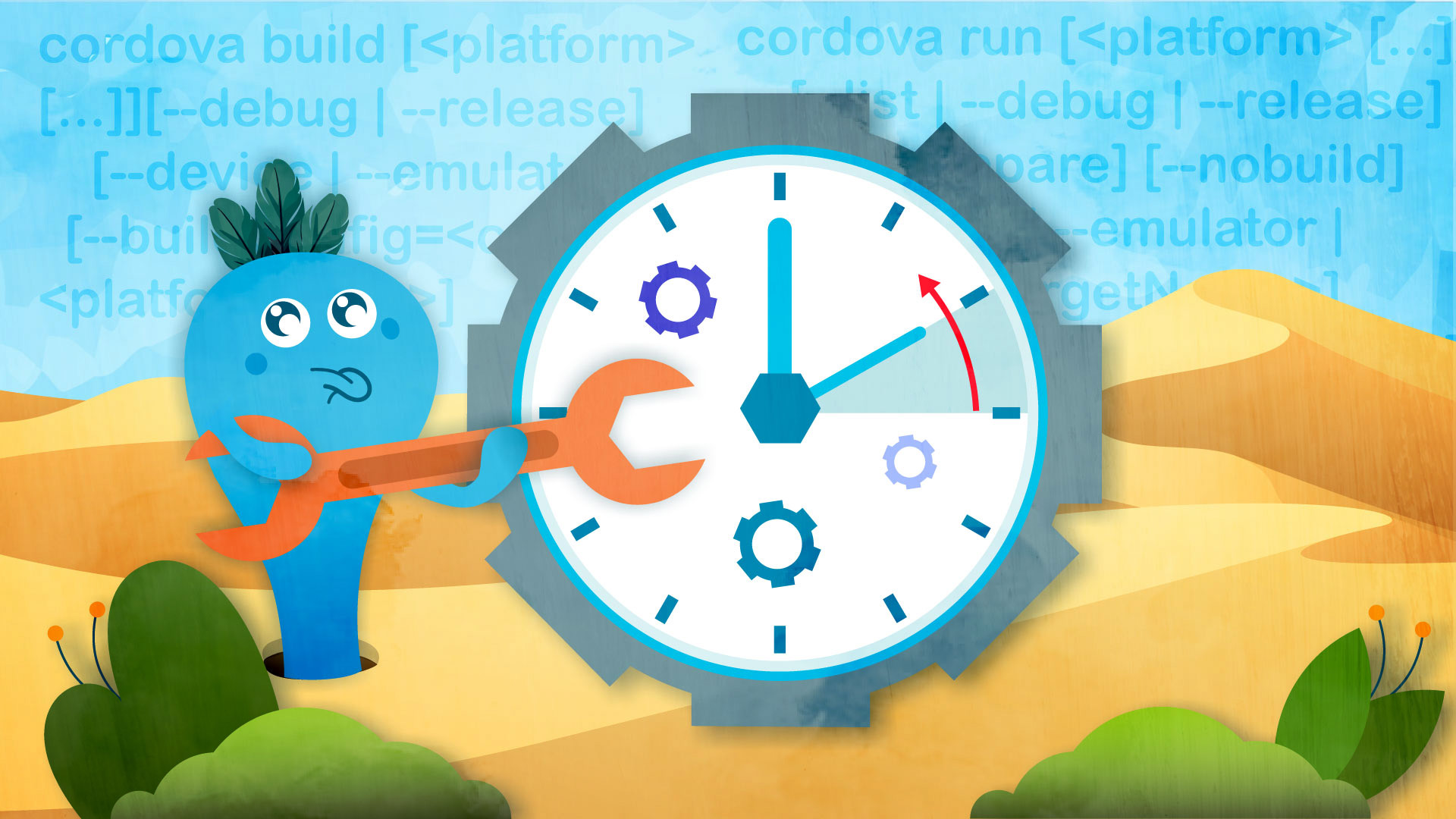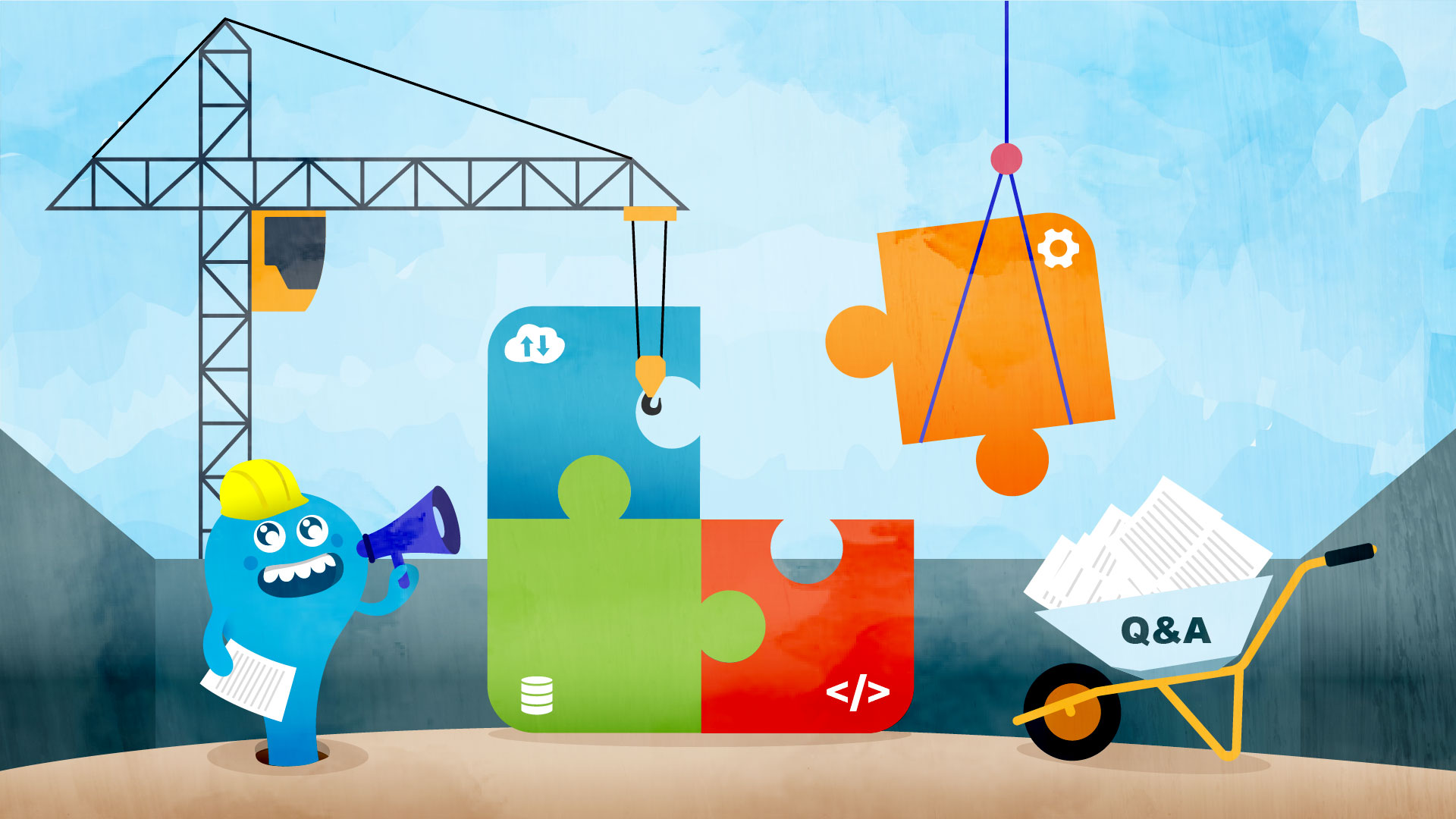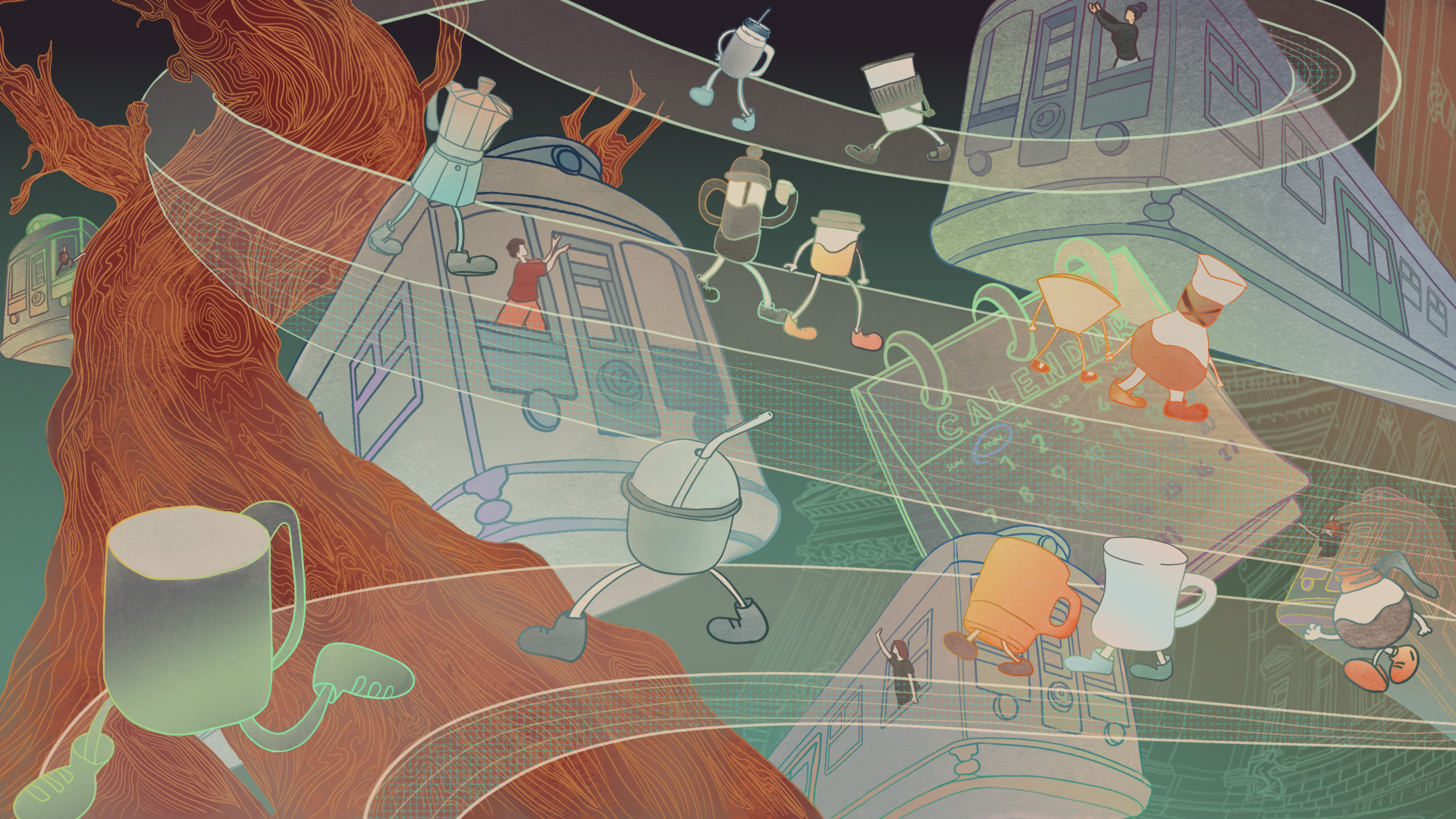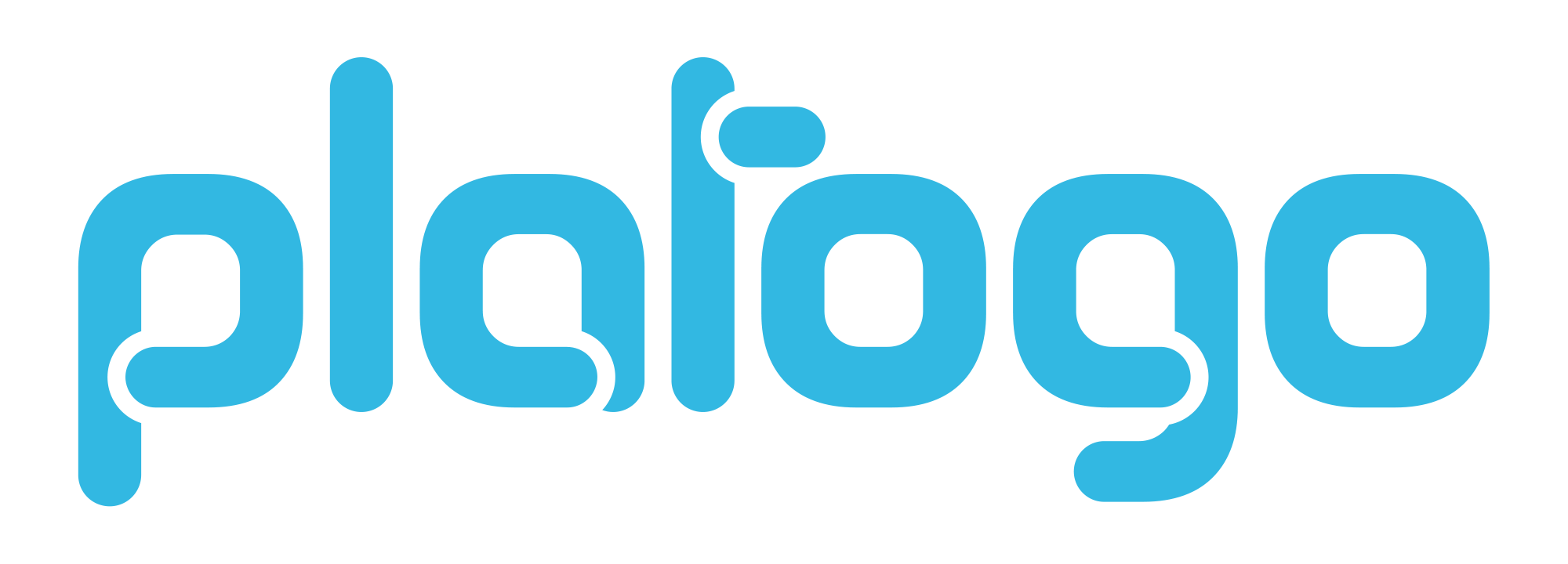In Platogo, a technical coordinator (TC) is not a fixed position but a dynamic role that any developer can undertake additionally to their core position. The assignment is done similar to the feature owner itself. After the concept work is finished by the feature owner, we decide on a TC for this feature. Not every developer wants to be a TC, but everybody has the possibility to, as soon as they know a part of our techstack well enough.
Our skilled TCs work collaboratively to refine their tools and expertise in this capacity, creating a supportive environment for continuous improvement. They are meeting biweekly to improve the processes around the role of technical coordinator independent of the feature itself. Not every TC constantly has a feature that they coordinate, this depends on the progress on our roadmap, but they support each other continuously.
At the core of a TC’s responsibilities lies the ability to decompose a complex problem into smaller problems that developers can address, implement, and merge within a specified timeframe, typically a workweek. To accomplish this, a TC must possess a deep understanding of the feature owner’s concept and vision. This understanding extends to our platform’s intricacies, considering that we frequently build upon existing systems rather than starting from scratch.
Once a TC has gained a comprehensive understanding of the feature and our platform, they develop a solution and an implementation plan. This plan often involves several development phases that may be assigned to specific development teams. Some phases might be interdependent, while others can run concurrently. Our emphasis on decoupling allows teams to work independently, as they have additional responsibilities to manage. Notably, we handle multiple features in parallel while operating our production platform without a separate DevOps team.
A TC’s primary function, once the foundation is established, is to describe intricate problems in tickets or issues. Striking the right balance of detail is crucial; too much detail can lead to wasted time preparing unnecessary information, while too little detail can result in additional feedback loops. As a TC gains experience with the developers, platform, and product, finding this balance becomes more manageable.
Throughout the development phase and until release, the TC serves as the primary point of contact. They facilitate decision-making, consulting with product or service owners when necessary. Plans and solutions often evolve, incorporating the collective wisdom of the team.
As a bridge between the technical and business worlds, a TC focuses on describing the problem rather than prescribing the solution. This approach encourages developers to contribute their ideas and solutions, leading to improved outcomes. By focusing on the “how” rather than the “what,” we empower developers to find innovative solutions, further enhancing the overall solution.
In Platogo, being a TC is viewed as a skill rather than a position. We invest time and resources in developing this skill in our developers, enabling those who spend more time on a problem to come up with better solutions. This approach enhances our TCs’ abilities with each feature they handle and prepares our developers to take on TC responsibilities when they feel ready.
By fostering a culture of continuous learning and collaboration, Platogo empowers its developers to excel in their roles as technical coordinators. This dynamic approach allows us to deliver innovative solutions while maintaining a lean and agile organization.
If you have questions or comments for us, we are happy if you share them with us: welovedevelopers@platogo.com
by Dominik Go





